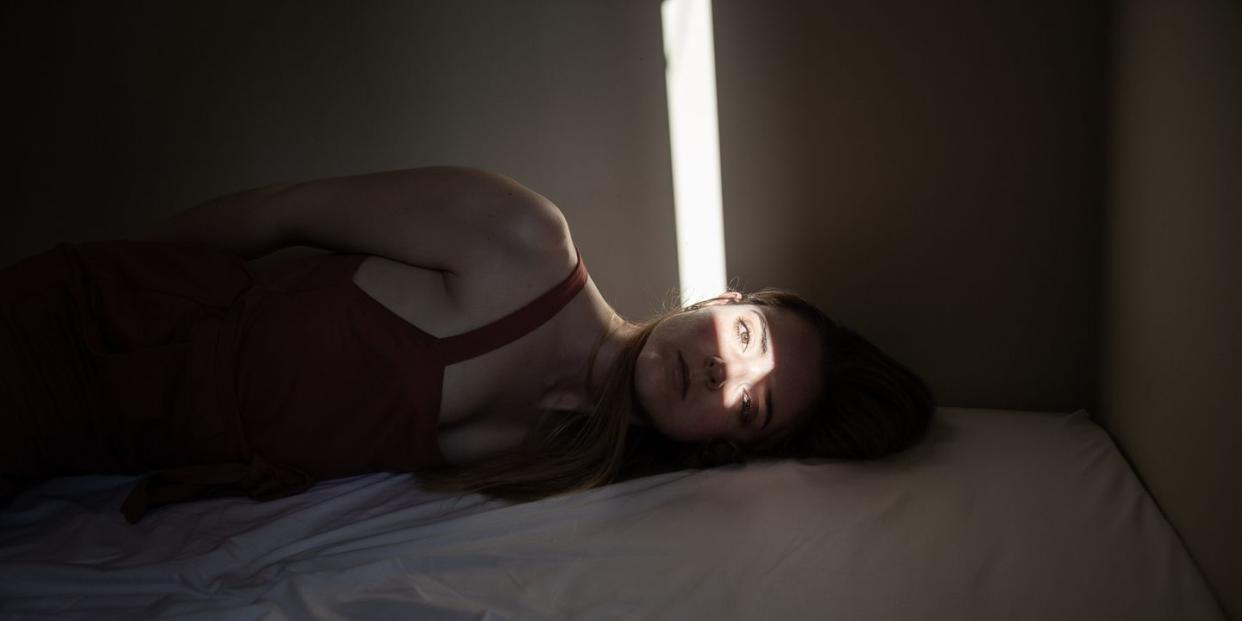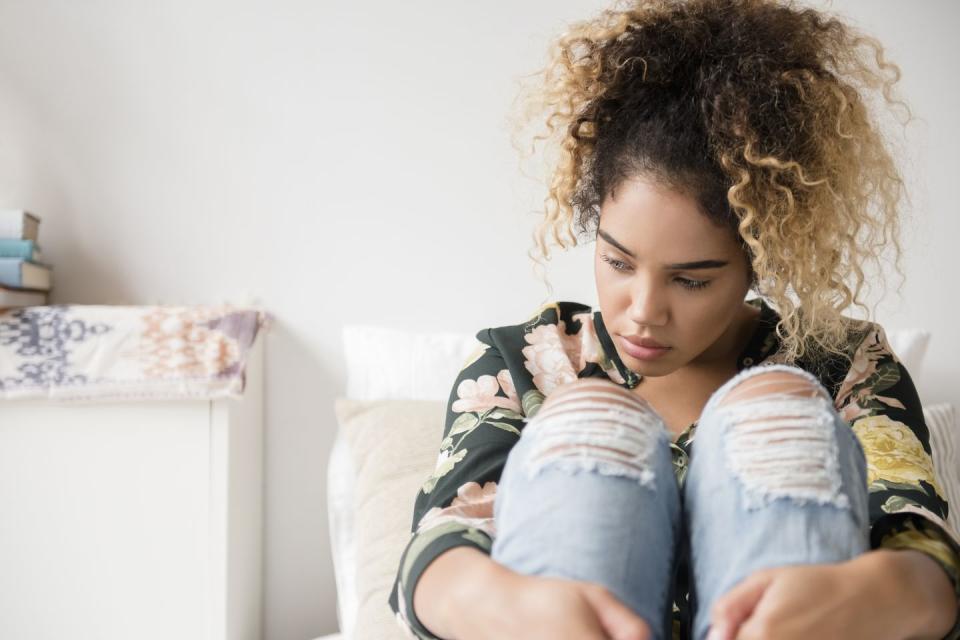Trying to relax can actually make anxiety worse, suggests new study

Have you ever looked forward to switching off from anxiety and having some time to yourself. Maybe you have a few days off from work, or a free weekend to properly relax, but then you find that it has the complete opposite effect?
You're doing all the rights things: candle lit, film on, snacks and wine within arm's reach and yet, you can't sit still. You can't switch off and, as time goes on, you find you're more anxious than when you started. Well, it turns out there could be a genuine scientific reason.
A team of psychologists at Penn State University in Pennsylvania conducted research into something called 'relaxation induced anxiety', and have come up with a hypothesis about why it affects us. Essentially, it's the idea that relaxation can put the mind in a calmer state, which means that feeling anxious again creates a more extreme negative spike in emotions.
In an attempt to protect itself, the brain tries to maintain a constant state of lower-level anxiety to avoid this extreme spike.

Alright, so it all sounds very twisted at the moment. But in simple terms, the scientists in the study believe the brain is trying not to make itself vulnerable to big changes in emotion, trying instead to remain in a more consistent (if unpleasant) state. Although this is the mind trying to protect itself (yeah, cheers), psychologists obviously do not regard this as healthy.
Professor Michelle Newman, the psychologist overseeing the study explained: "People may be staying anxious to prevent a large shift in anxiety but it's actually healthier to let yourself experience those shifts... the more you do it, the more you realise you can do it, and it's better to allow yourself to be relaxed at times."
The study, which was relatively small with just 96 participants (and so needs more research to make definite conclusions) found that people with generalised anxiety disorder were the most susceptible to relaxation induced anxiety. This is thought to be because they were the most sensitive to these emotional shifts or spikes. But the phenomenon is something, in theory, that can affect us all.
Often, with relaxation, it's about finding the thing that works for you as opposed to simply doing what you're told is supposed to be relaxing: it looks different on everyone.
Like this article? Sign up to our newsletter to get more articles like this delivered straight to your inbox.
You Might Also Like

